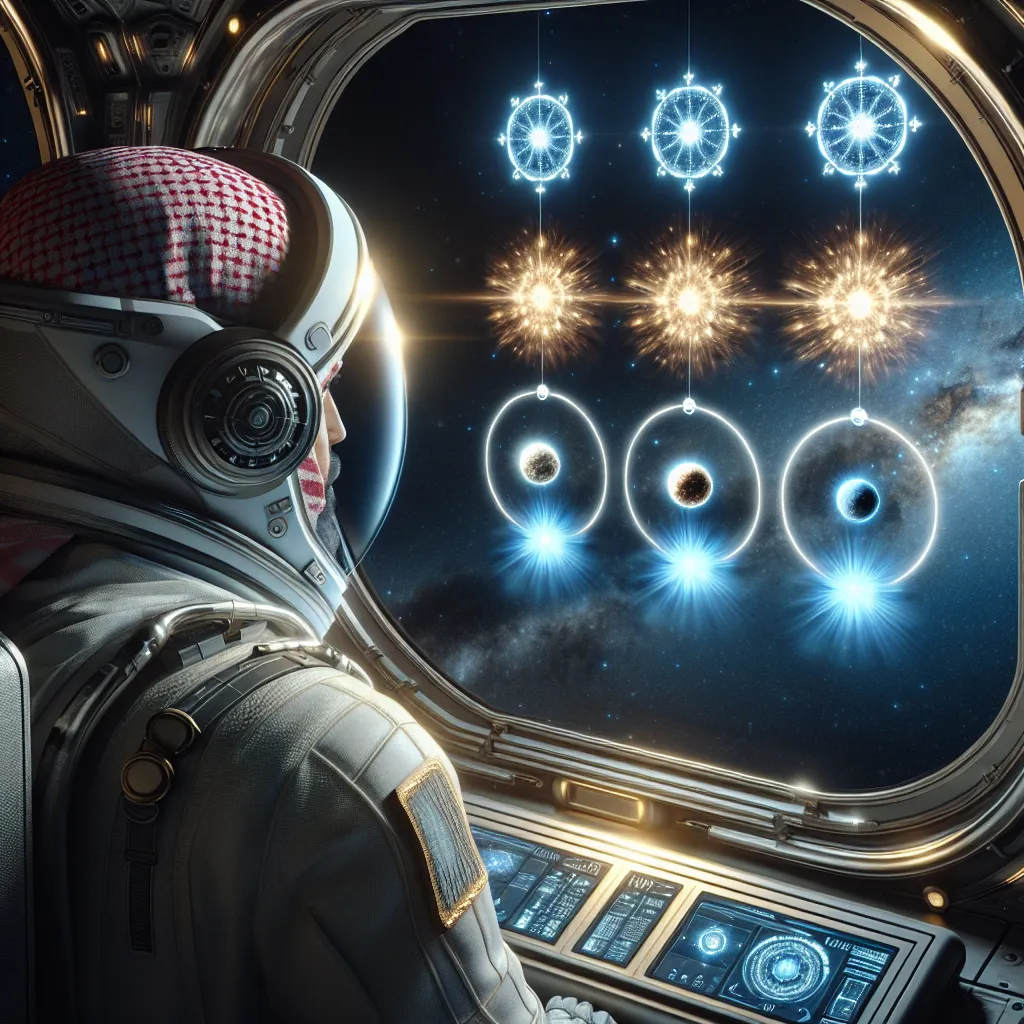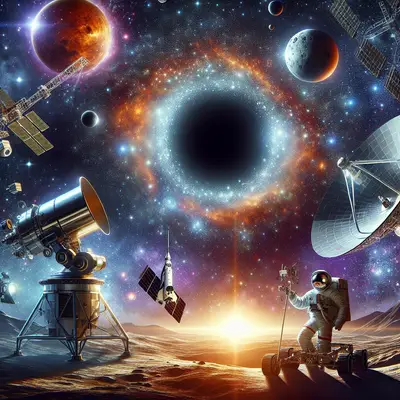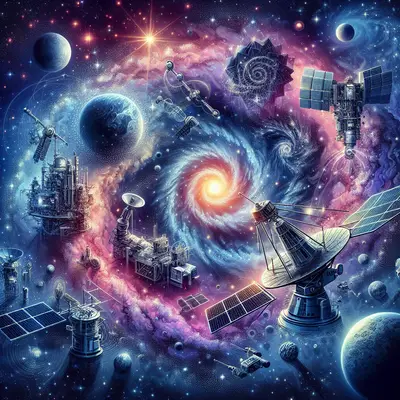The Mysterious Dark Matter
Dark matter, an elusive and invisible substance that makes up about 27% of the universe's mass and energy, has been the subject of intense study and speculation. Although invisible to direct detection, its presence is inferred through its gravitational effects on galaxies and galaxy clusters. Despite its elusive nature, space tech has allowed scientists to map the distribution of dark matter, providing vital clues to the universe's structure.
The Ever-Expanding Universe
The universe is not stationary. Instead, it's expanding at an increasing rate. Space tech, such as the Hubble Space Telescope, has been pivotal in measuring this expansion. The revelation has transformed our understanding of the cosmos, leading to the theory of dark energy, an unknown form of energy that's driving this expansion.
Exoplanets Galore
Before the advent of space tech, we knew of only nine planets - those in our solar system. Now, we know of over 4,000 exoplanets, planets orbiting stars outside our solar system. Instruments like NASA's Kepler Space Telescope have revolutionized exoplanet discovery, opening possibilities of finding habitable planets and potentially, extraterrestrial life.
Gravitational Waves
In 2015, the Laser Interferometer Gravitational-Wave Observatory (LIGO) made a groundbreaking discovery - gravitational waves. Predicted by Albert Einstein's theory of general relativity, these ripples in space-time are caused by massive celestial events like colliding black holes. This discovery has ushered a new era in astronomy, allowing us to study the universe in a completely new way.
Black Holes are Not so Black
Black holes, regions of space-time with gravitational forces so strong that nothing can escape, not even light, were once purely theoretical. Now, space tech has not only confirmed their existence but also captured one! In 2019, the Event Horizon Telescope captured the first-ever image of a black hole, proving that they are indeed real and not as black as once thought.
Conclusion
From uncovering the existence of dark matter and exoplanets to capturing the first image of a black hole, space tech continues to unravel the mysteries of the cosmos. As our technological capabilities advance, so will our understanding of the universe, inching us ever closer to answering the age-old question, "What's out there?"



